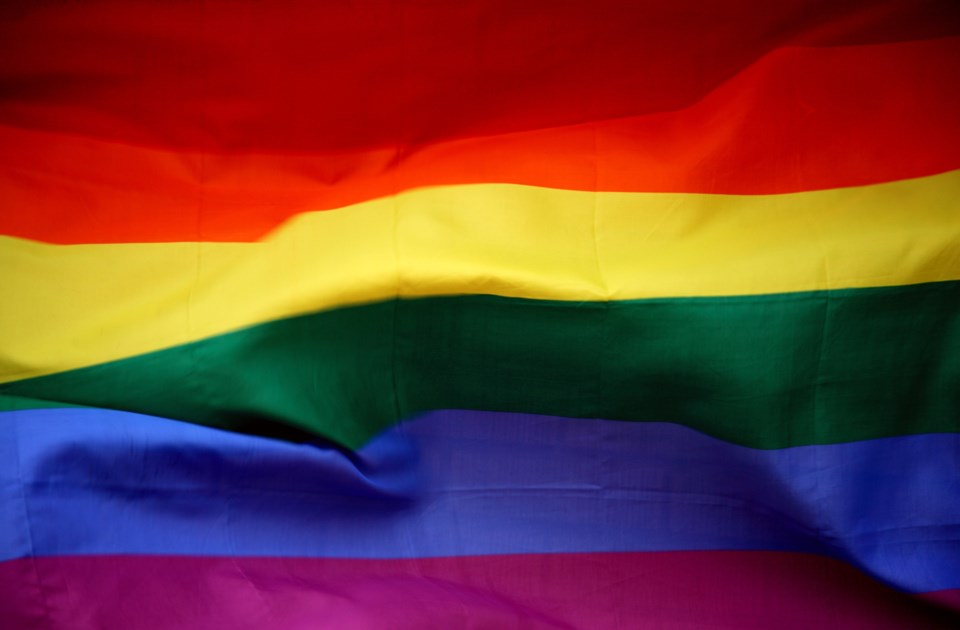Editor:
Re: The unpretty truth about democracy and free speech, by Julie MacLellan, Opinion, July 26
There is this idea that by exposing bigoted views to the light of day they will become less powerful. That open debate is some sort of powerful disinfectant. And so, it’s assumed, if we believe in freedom of expression, then trans people should just accept that their humanity, their existence, is up for debate.
There is a big problem with this idea—it doesn’t work. If the normalization of racism, sexism, and white supremacy by Trump has taught us anything, it is that hate leads to more hate. Seeing someone hateful, in a position of power, and with an audience, emboldens hateful ideologies to grow and flourish. There is a reason why hate crimes are on the rise across North America.
I agree with Julie that we need to bring together people with different viewpoints. However, real debate that moves us forward needs to begin with the basic ground rule of respect and tolerance. There is nothing fruitful that can come from debate with someone who hates you for who you are.
Trans people, particularly trans people of colour, are some of the most vulnerable members of our community. Speakers like Jenn Smith aren’t just “questioning current thinking on an issue,” they specifically reject the protections of gender identity and gender expression that are in both the BC Human Right Code and the Canadian Human Rights Act. Their belief is not just unpalatable, it is hateful and intolerant, with the basic tenant being that trans women are not women and trans men are not men.
Democracy is not just marking a ballot on voting day. It is actively shaping the values of our public institutions so they reflect who we are as a society. If we want a society free of hate, bigotry, and intolerance, then we must demand that our public institutions are not used to spread hate, bigotry, and intolerance. For a long time, our public institutions have concentrated power in the hands of a few through institutionalized racism, sexism, ableism, homophobia, and transphobia. It’s well beyond time for our institutions—schools, cities, libraries, and post-secondary schools—to protect the most vulnerable in society. Denying room bookings is just one very small step of the many that need to be taken to ensure all our public institutions truly reflect the values of inclusion and equity.
Freedom of expression should not obligate a publicly funded institution to provide a platform to hate and intolerance that is harmful to marginalized communities. Julie says, “We simply can’t have our government in the business of policing opinions in order to decide who ‘qualifies’ for a room and who doesn’t.”
Yes, we can. And we should. Is it hateful and intolerant? Does it invite white supremacists into our community? Does it harm a marginalized group? Yes? Then we should demand that our public institutions don’t give those views a platform. There is a wide margin between outright censorship and not providing a public space as a venue. Just as there is a wide margin between intensely vetting every presentation and a policy that allows an institution to say no to someone known for intolerance towards a marginalized group.
We, collectively in society, all have the power to influence who is given a platform and who isn’t. Some of us have more power than others. We call those people allies. Allies are called to use their power to affirm over and over again that hate, intolerance, and bigotry will not be accepted. If we do not do this, we risk the very thing that Julie is concerned about: finding ourselves in a society where those of us who demand tolerance are the ones with their mouths taped shut.
Kathleen Oliphant



